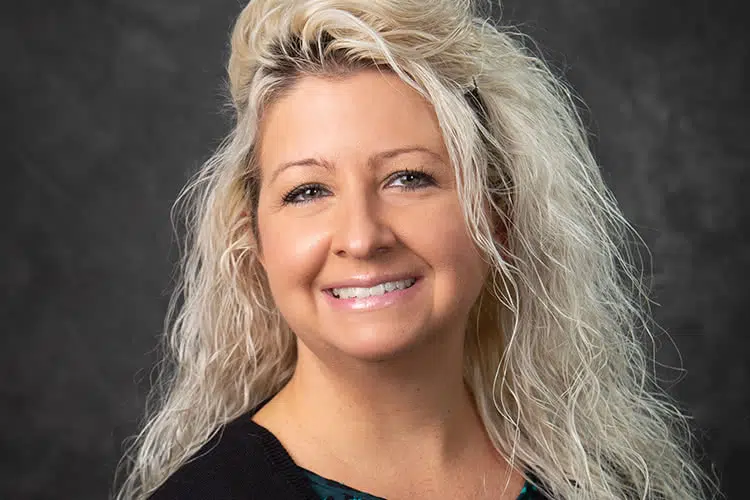XRay Vision is your superpower
A radiologic technologist, or radiographer, performs diagnostic medical imaging examinations. Radiologic technologists are healthcare professionals who adjust and maintain imaging equipment, prepare patients for various procedures, take medical histories, answer questions about any procedures and help patients feel at ease. Additionally, radiographers will sometimes work with physicians to evaluate images and to determine whether additional images need to be taken.
The C-SC Difference
You will earn your degree through a partnership with Blessing-Rieman College of Nursing & Health Sciences in Quincy, Ill. You complete general education courses and radiology prerequisite courses during the first year on the C-SC campus, then complete radiology courses as well as clinical experiences on the Blessing-Rieman College campus and at clinical affiliate sites for the next three years. You will complete more than 1,400 hours of clinical work.
Clinical rotations will be completed at:
- Blessing Hospital
- Hannibal Clinic
- Hannibal Regional Hospital
- Illini Community Hospital
- Quincy Medical Group
Admission Requirements
Freshmen need:
- 22 ACT/1100 SAT or higher, or pass the HESI Admissions Assessment (A2) exam (waived thru Spring 2023)
- Minimum high school GPA of 3.0 on a 4.0 scale
Transfers need:
- 22 ACT/1100 SAT or higher, or pass the HESI Admissions Assessment (A2) exam (waived thru Spring 2023)
- Cumulative GPA of 2.7 or higher
- Support Course GPA of 2.7 or higher
- Completion of the following prerequisites: English Composition I, General Psychology, Anatomy & Physiology I and II, Lifespan Development
What can I do with a Radiologic Science Degree?
7% through 2029
Beyond the Classroom
-
Student Experiences
- Hands on clinical experience in both the hospital and clinic environment
- Option to select either Magnetic Resonance Imaging (MRI) or Women’s Imaging for additional training
- Observation rotations in specialty modalities such as Heart Catheterization, Ultrasound, Nuclear Medicine and Radiation Therapy
-
Professional Experiences
- Clinical and Practicums are built into your program
- Attendance at conferences and speaking engagements
- Summer work experiences

